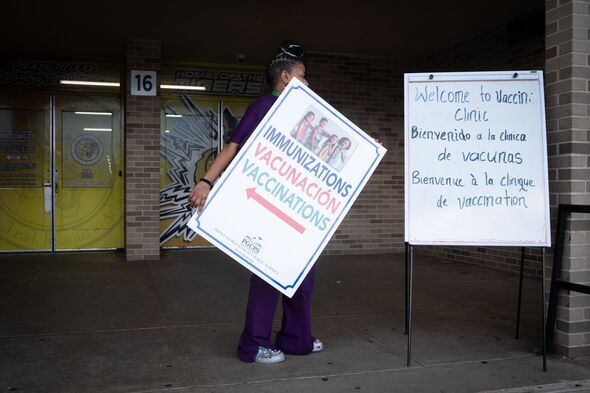A recent study from Mass General Brigham has revealed that long COVID can manifest in eight distinct trajectories among patients. The research, which followed over 3,500 patients in the United States, found that 10.3% of those infected with COVID-19 exhibited symptoms associated with long COVID three months post-infection.
The findings indicate that a significant portion of these individuals, approximately 81%, continued to experience either persistent or intermittent symptoms even one year later. This suggests that the impact of long COVID is both widespread and enduring, affecting a notable fraction of those who recover from the initial viral infection.
Understanding Long COVID Symptoms and Their Duration
The study highlights the complex nature of long COVID, which affects individuals in various ways. Symptoms can range from fatigue and cognitive difficulties to respiratory issues and heart problems. The categorization into eight trajectories reflects the variability in how these symptoms present and evolve over time.
For many patients, the experience of long COVID is not static. Instead, symptoms can fluctuate, leading to periods of improvement followed by relapses. This inconsistency adds another layer of complexity for healthcare providers as they work to develop effective treatment plans.
Research leader Dr. Sarah Johnson, a physician at Mass General Brigham, emphasized the importance of understanding these different trajectories. “Recognizing the various paths that long COVID can take is crucial for tailoring interventions and providing appropriate support to those affected,” she stated.
Implications for Healthcare and Future Research
The study’s results underscore the need for ongoing monitoring and support for individuals recovering from COVID-19. As the healthcare community continues to grapple with the long-term effects of the pandemic, understanding the nuances of long COVID becomes increasingly critical.
With more than 3,500 patients tracked over a significant period, this research contributes valuable data to the growing body of literature on long COVID. The findings will likely inform public health strategies and healthcare policies aimed at addressing the long-term health consequences of COVID-19.
As the world continues to navigate the implications of the pandemic, studies like this one serve as a reminder of the importance of comprehensive care for those impacted by the virus, as well as the need for further research into the mechanisms and treatments for long COVID.







